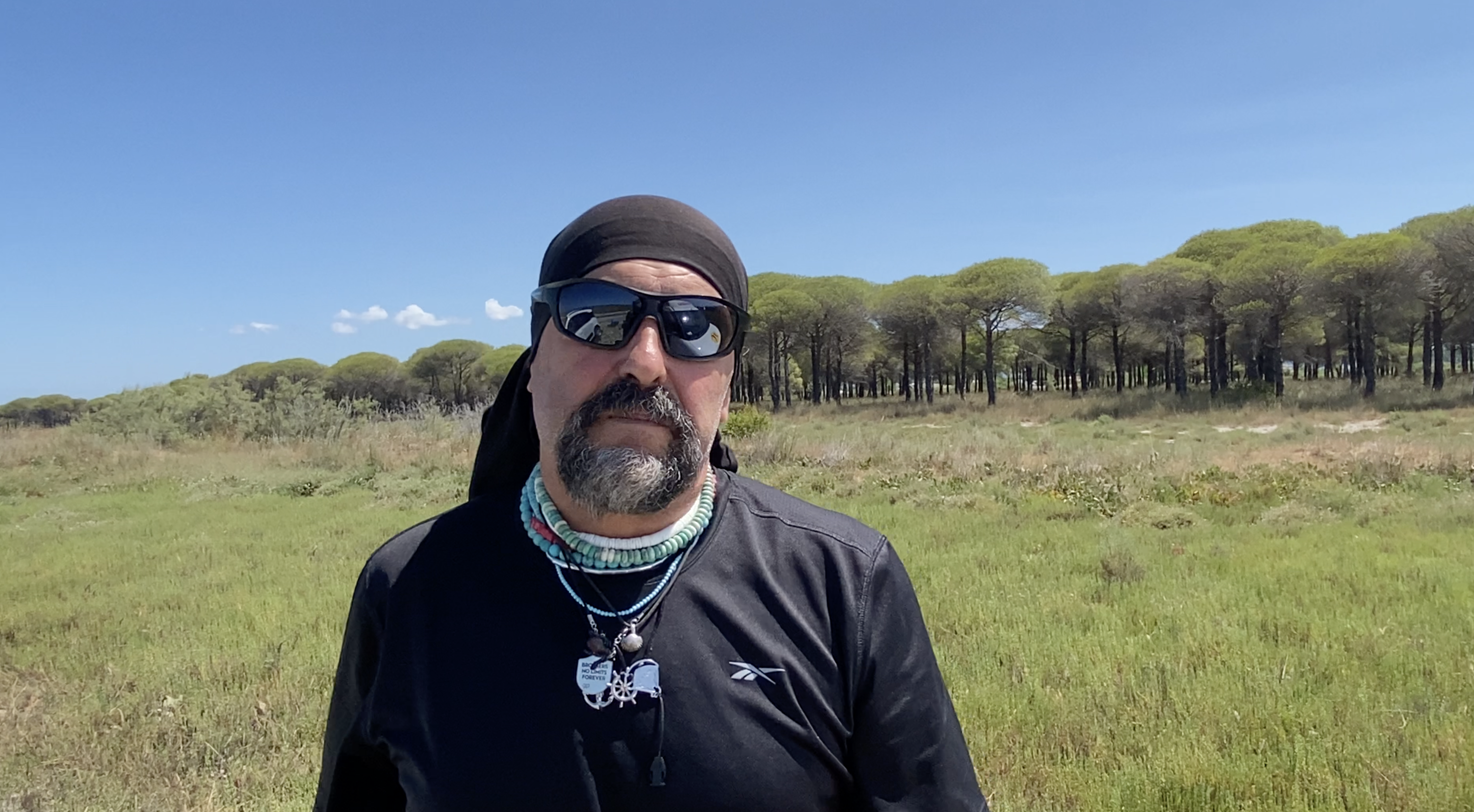
25 September
The Mediterranean needs you. If you put a seashell to your ear you will hear it calling
#MedCoastDay #Act4Med #BarcelonaConvention
Join us in Vlorë, Albania
The official Mediterranean Coast Day ceremony, jointly organized by PAP/RAC and the UNESCO Intergovernmental Hydrological Programme (IHP), will take place on 25 September 2023 in Vlorë, Albania, with the support of the Ministry of Tourism and Environment of Albania. This year’s edition will focus on coastal aquifers. This will provide an opportunity to advocate for an integrated approach to the mangement of groundwater resources and the coastal ecosystems they underpin
Alket Islami is the new ambassador for Coast Day 2023
Aerial photographer, cameraman paragliding and paramotor instructor, he is also the president of the National Aero Club of Albani. Alket Islami has published several different volumes of “Albania From The Air”.
Class 1965 and born in Tirana, he studied Geography and History at University of Tirana and through his passion he has developed a new relationship with his country.
Alket Islami has chosen to show Albania with images taken “from the air”: through the seasons and years, he managed to capture the environmental changes of the Albanian coast.
In the air, Alket is in his element: armed with a camera took hundreds and hundreds of photos, shows different moments revelated time after time, and evidence of the transformations that have left their mark on the Albanian coast.
Over the years, PAP/RAC has awarded the title of Ambassador for the Mediterranean Coast to different personalities ranging from actors to country representatives, through writers and other sailors. This year this significant title is dedicated to Alket Islami and his important outreach work.
COASTAL AQUIFERS: THE INVISIBLE TREASURE
The 2023 edition is dedicated to coastal aquifers – an invaluable freshwater resource hidden beneath our coast.
Why are coastal aquifers and groundwater so important they were chosen to be our main focus for this years’ celebration?
The Mediterranean’s coastal population faces a pressing issue with freshwater resources. Coastal aquifers serve as the primary freshwater source for drinking, agriculture, and industries so they are crucial in responding to the increasing demand. However, these invisible key resources face numerous challenges such as growing pressure on groundwater supplies, saltwater intrusion, coastal aquifer salinization, and nutrient and contaminant transport.
DID YOU KNOW?
1.
Coastal aquifers support unique and diverse ecosystems – wetlands, estuaries, lagoons, humid zones and other coastal habitats which are vital for many plant and animal species. Some of these ecosystems are partially or entirely dependent on groundwater regimes.
2.
Seawater intrusion occurs when seawater enters freshwater aquifers due to natural processes or human activities. It affects water quality and groundwater-dependent ecosystems. Coastal aquifers, acting as a natural barrier by sustaining shallow marine water quality and ecosystems, play a major role in reducing the impacts of saltwater intrusion which renders freshwater resources unsuitable for consumption or irrigation. In addition, submarine groundwater discharges into the sea, containing an excess of nutrients (like nitrates and phosphates) are a serious concern since they can lead to algal blooms and eutrophication, affecting living marine ecosystems, and human health as a chain reaction.
3.
Coastal aquifers are crucial for climate change adaptation, particularly in mitigating the impacts of rising sea levels and changing precipitation patterns. As global temperatures and sea levels rise, coastal aquifers help protect coastal communities and ecosystems by acting as natural buffers and serving as natural freshwater storage systems.
So what can we do to protect coastal groundwater and aquifers?
Let’s start from your own home
- properly dispose of all your waste;
- minimize the use of chemicals
- have on-site septic systems pumped and inspected every five years;
- examine on-site wells and surrounding land areas
…and conclude with Integrated Coastal Zone Management as the big picture!
- Effective coastal zone management seeks to ensure aquifer sustainability by preventing over-extraction, pollution, and saltwater intrusion
- By regulating land use, implementing best practices, and creating buffer zones, coastal zone management minimizes contamination risks and contributes to aquifer health
- Proper management with protective structures can reduce aquifers’ vulnerability to coastal hazards like storm surges and sea-level rise
- Coastal zone management preserving natural ecosystems like wetlands and dunes provides buffers against extreme weather impacts on aquifers

